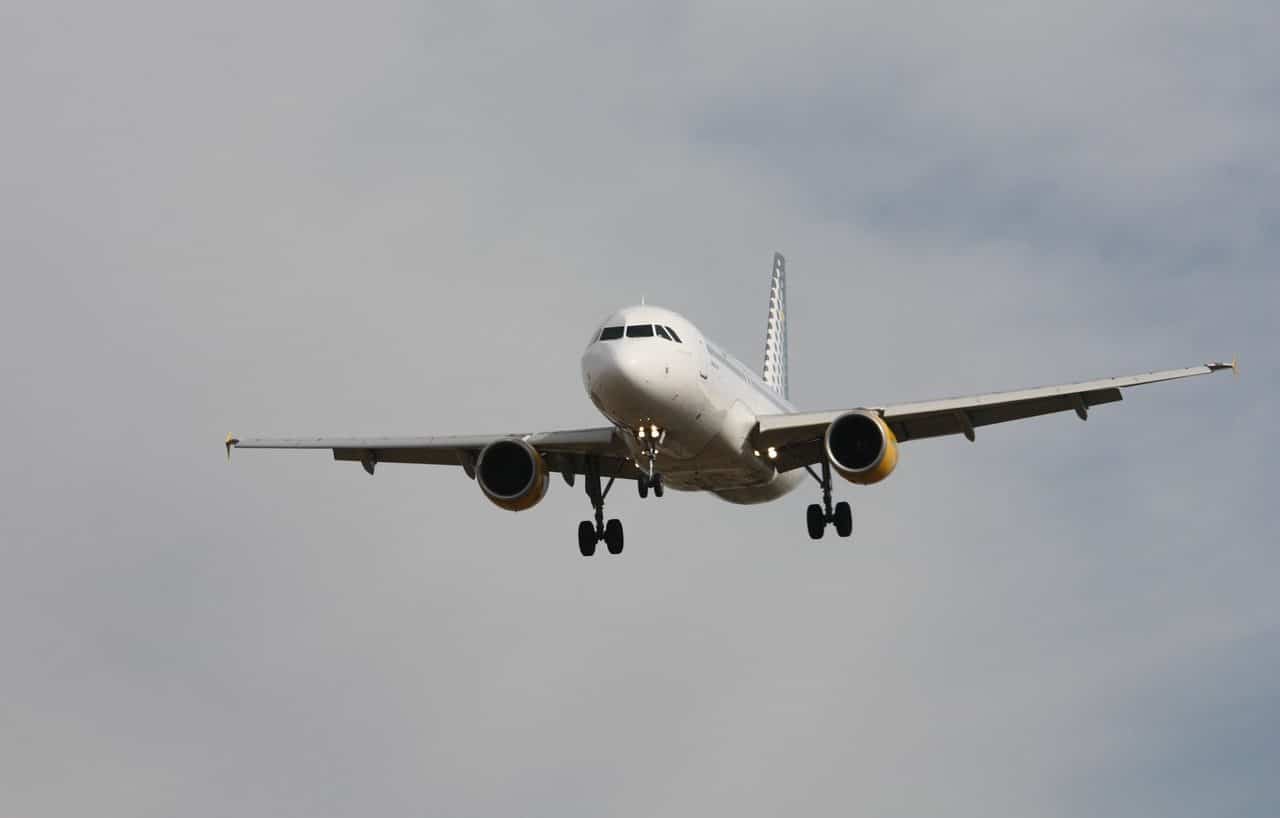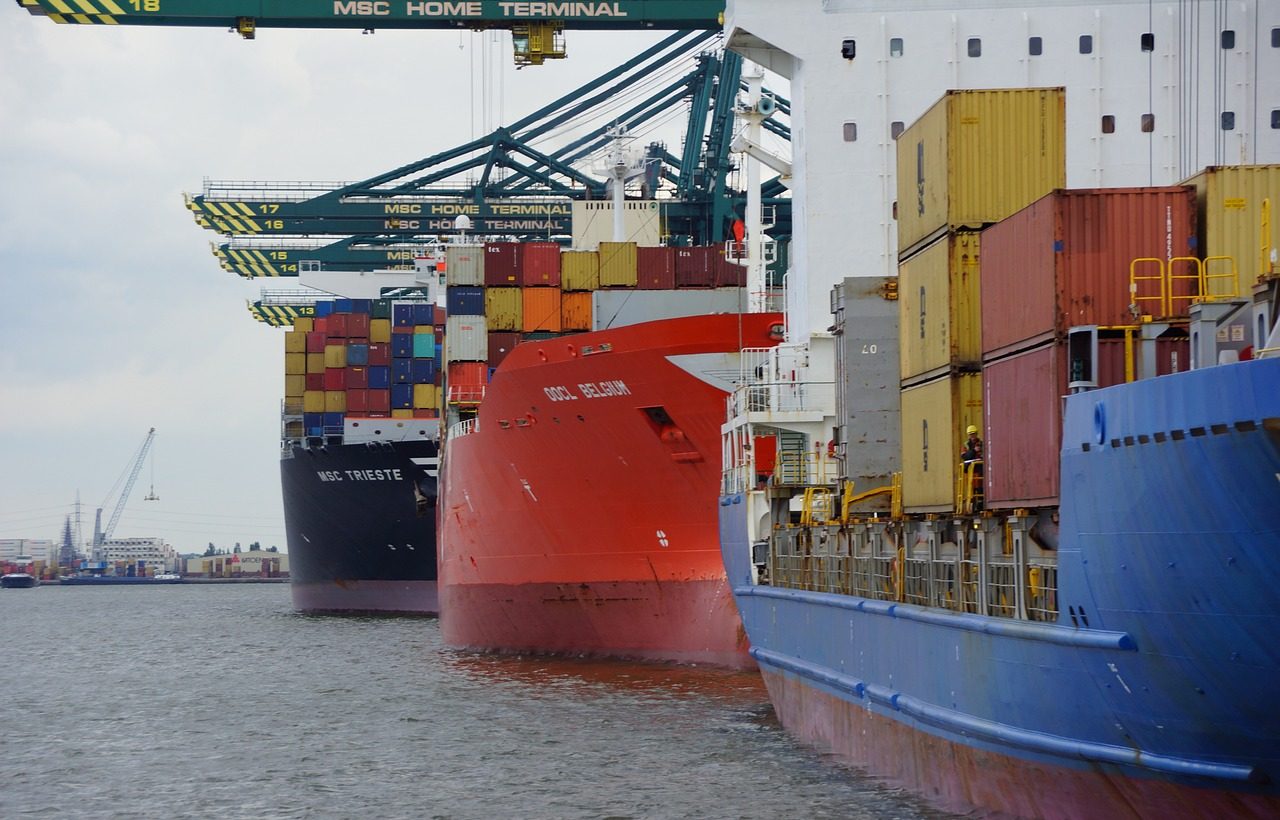
A domestic flight connects two points in the same country.
Cabotage is a concept used to name the movement made by an aircraft or vessel between different places in the same country .
The term is the result of the sum of two clearly delimited words that come from Latin: caput , which can be translated as "head" , and the suffix -aje .
It is interesting to know that, although there are different theories about the origin of the notion, an extended version establishes that it is due to a Venetian explorer and sailor named Sebastian Cabot ( 1484 – 1557 ). During the 16th century , Cabot traveled along the eastern coast of North America using a navigation that today would be referred to as cabotage.
What is cabotage
The notion is usually used in the field of transport of goods or passengers , as long as the national territory is not abandoned. A domestic flight in Argentina , for example, can take off from the city of Buenos Aires and head to San Carlos de Bariloche . The fact that these two locations are part of the same State ( Argentina ) makes the flight domestic.
If the flight departs from Buenos Aires but arrives in Montevideo , the capital of Uruguay , it will be an international flight and not domestic. The same can be said of the plane that takes off from Madrid ( Spain ) heading to the Argentine capital or any other point that is located outside Spanish territory.

The idea of cabotage is also used in shipping.
Some considerations
Many times domestic flights are made between small airports , unlike international airports. Travel between different countries requires greater infrastructure.
In the case of water transport, cabotage is usually carried out through navigation close to the coast: from cape to cape . Coastal vessels, in this framework, do not go too far from land.
cabotage services
We cannot ignore the existence of what is known, on the European continent, as cabotage services . Under this name is a type of service consisting of the national transportation of passengers carried out, on a temporary basis, by another state other than its own in the European Union . The circumstance also arises that there is no headquarters in that State.
There is very strict legislation on this type of service at the European level. However, each country also establishes its own measures. Thus, for example, France does not allow non-resident carriers to operate on its territory for longer than 30 consecutive days or 45 days throughout an entire year.
Similar terms
It is important not to confuse cabotage with sabotage (an attack carried out against an infrastructure or a product as a method of combat). You also don't have to do it with canoeing (the water sport also called canoeing).
These two words are written in a similar way but clearly refer to very different issues.
